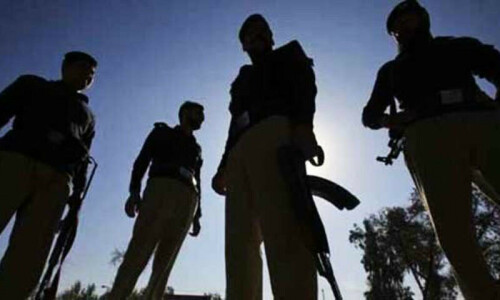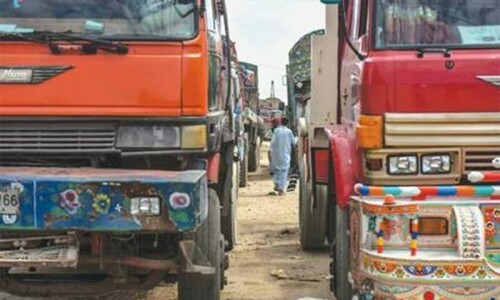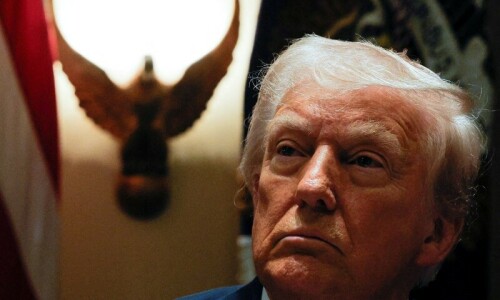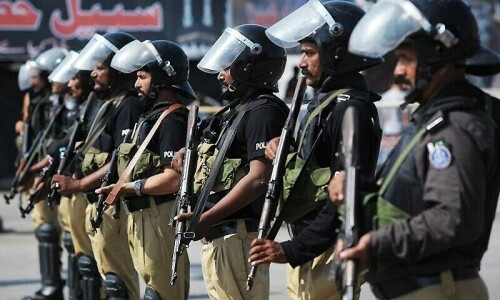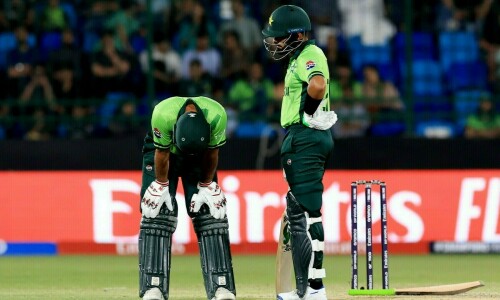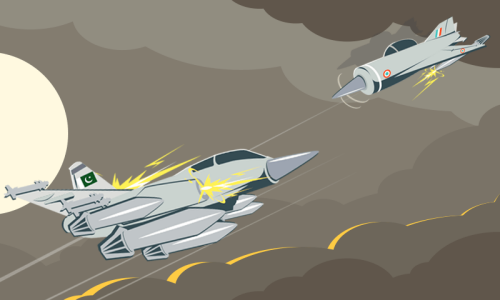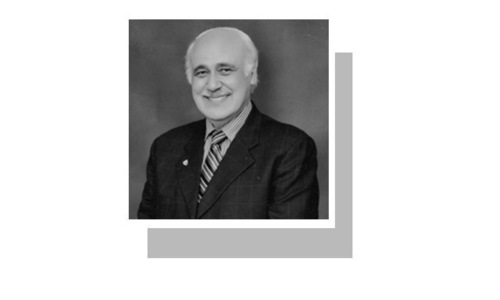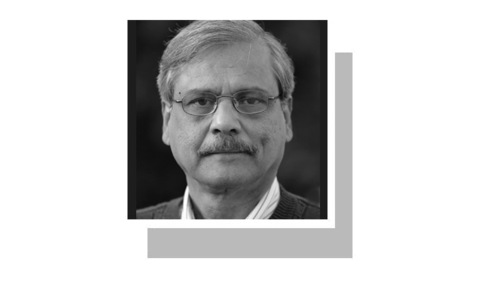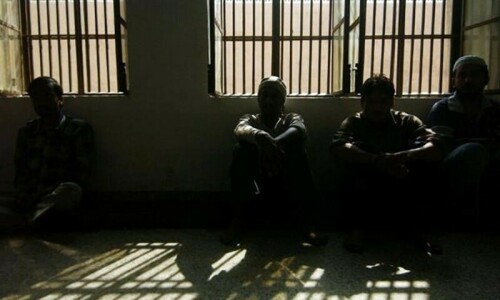AFTER approving the draft of the Gas Infrastructure Development Cess amendment ordinance in a cabinet meeting, then sending it to the president for signature, the prime minister decided on Monday to “take notice” of the benefit that might accrue to various large stakeholders because of the ordinance, and announced on Wednesday that he was withdrawing it altogether. The whole matter now reverts back to the status quo, with the GIDC law before the courts, various stay orders in place, while farmers and power consumers continue to pay the cess which in some cases is being deposited with the government and in other cases being retained by the producers pending the court decision. In short, we now have an even bigger mess on our hands, because the government’s weakness has been exposed and those contesting the cess in the courts have smelled blood.
The reasoning behind the ordinance is sound, but the route of taking a presidential ordinance to legislate the amendments is problematic. Pragmatism suggests that it is better to break the impasse that has developed around the issue of the GIDC rather than let the issue fester in the courts. Prime Minister Imran Khan has now tasked his attorney general to “move an application for urgent hearing in the Supreme Court”. He also seeks to “inform the nation that going to the courts carries a risk” because the decision could result in no revenue collection at all (as opposed to the approximately Rs220bn the government would have collected under the deal it had offered to industry through the ordinance). Or worse, it could result in the courts giving a verdict that the cess should never have been levied in the first place and all funds collected under it must be returned. That could saddle the government with reimbursement obligations of almost Rs295bn, according to Mr Khan’s own communication.
The reminder of the risks involved in reverting to the status quo should not be directed at “the nation” since the decision has been made by the prime minister and nobody else. The risk is his to bear, not that of “the nation”. It is not clear on whose advice Mr Khan has acted in reversing his own decision, and whether adverse commentary on TV played a role in swaying his mind, but “the nation” should not be blamed for this. Leadership involves taking responsibility for one’s own decisions, and bearing their consequences. With this style of governance, vacillating and fearful, one is left wondering how the government intends to implement the “tough choices” that have to be made to successfully see the IMF programme through. We are only two months into that programme, and already significant doubts about the seriousness at play are taking root.
Published in Dawn, September 5th, 2019














